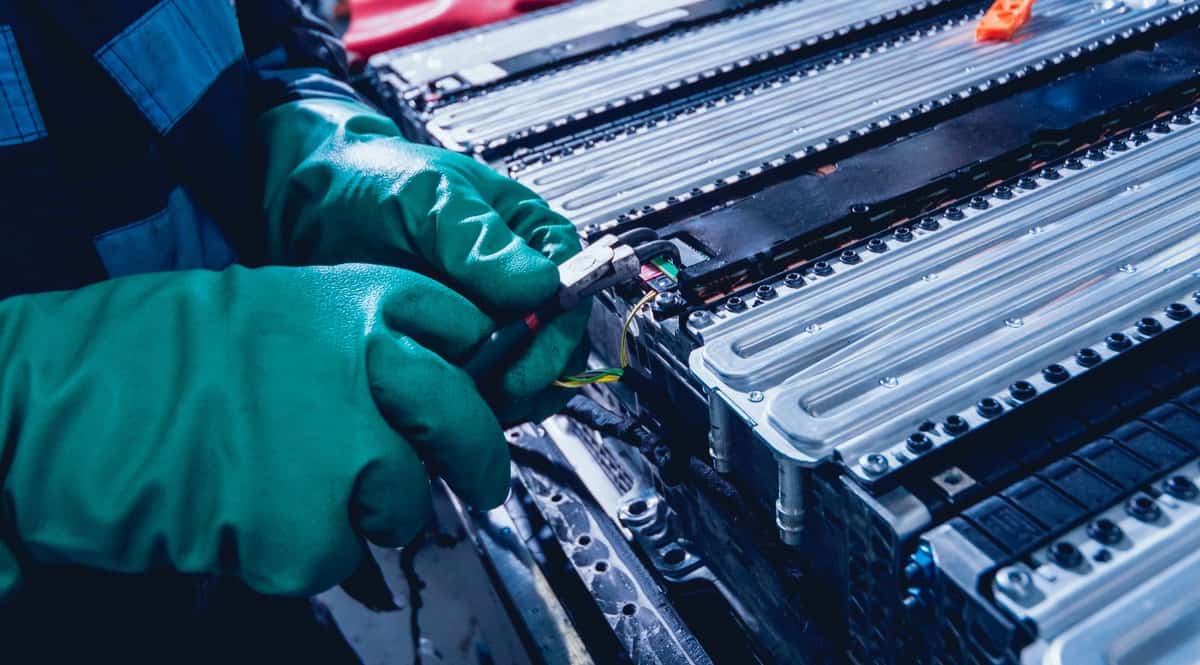Markus Heyn, the head of mobility services at Bosch, reportedly told the Stuttgarter Zeitung newspaper recently that the industry must address the commotion when Russia stopped supplying methane to Europe. According to CleanTechnica, chaos ensues, resulting in increased electricity costs, residential freeze-ups, energy constraints, and other issues.
“We are currently seeing the consequences of the gas shortage for Germany and Europe because we prepared too few alternatives,” Heyn said. “In the automotive industry, we should use this occasion to ask ourselves what we can do if there should ever be too few battery cells.”
Notably, “everyone would certainly like to see an alternative to battery power. But this will only exist if we have prepared it in good time,” if that took place. Heyn also proposed fuel cells as an option, which use hydrogen and oxygen to provide electricity for electric vehicles. He noted that the lengthy trucks being built are ideally designed to act as the “backbone for supplying passenger cars,” he added.
Given the number of conversions required to produce the hydrogen, which then needs to be converted back to power, Elon Musk claimed in a previous statement with CleanTechnica that they are nothing more than “fool cells.” Producing batteries and utilizing them to run electric motors directly is a considerably superior method than the entire process of producing hydrogen.
In comparison, Musk views the world from an engineer’s standpoint because he thinks that efficiency comes first, while Heyn interprets reality using his past experiences. With that in mind, there should always be a backup plan.
Nonetheless, there are only two possible futures for humans: either they choose to live in a world powered by fossil fuels or develop a planet that can support human life for at least tens of thousands of years.
Due to its abundance, solar energy is often wasted since it cannot be used immediately. That said, many people think that surplus energy ought to be used to create green hydrogen.
On the other hand, battery component costs, particularly lithium, have recently risen to absurd heights. Although the lithium-ion battery is incredible, it could be too pricey to drive a revolution in electric vehicles. Perhaps people should preserve those valuable battery cells for energy storage.
That said, the concept of Markus Heyn should be restricted to modes of heavy transportation, such as trains, ships, and long-haul freight vehicles. With enormous sums of money being spent to convert conventional plants to electric, the EVrevolution is only getting started.
Furthermore, there are some apparent drawbacks to using fuel cells in private passenger vehicles. The storage tanks are hefty and large, for starters. Although the floor caLithiumn accommodate an EV battery pack, the tank is less flexible.
Due to the extreme pressures associated with conserving hydrogen, they are practically required to be spherical. However, a spherical tank is difficult to fit into a rectangular space.
One of the aspects of electric vehicles that drivers value most is their ability to accelerate rapidly, which fuel cells lack compared to lithium-ion battery packs. Notably, fueling stations for hydrogen are quite expensive. Most of all, a fuel cell vehicle cannot be recharged at home, unlike an electric vehicle.
It is worth noting that Bosch is ranked first among the top 100 global suppliers on the Automotive News Europe list, with global sales to automakers of $49.1 billion in 2021.
At its facility in Anderson, South Carolina, Bosch is reported to invest over $200 million in making fuel cell stacks in the United States. Remarkably, at least 350 new employments are anticipated to be created once production starts.
Given the supply issues that drive the cost of lithium-ion batteries to be high for the foreseeable future, the price of electric vehicles is predicted to be higher than necessary.
Therefore, proponents of electric vehicles must start to tone down their criticism of fuel cells.
In fact, there is opposition to new lithium mining as well. Meanwhile, many individuals are already striving to develop lithium substitutes, but none are yet economically feasible.

